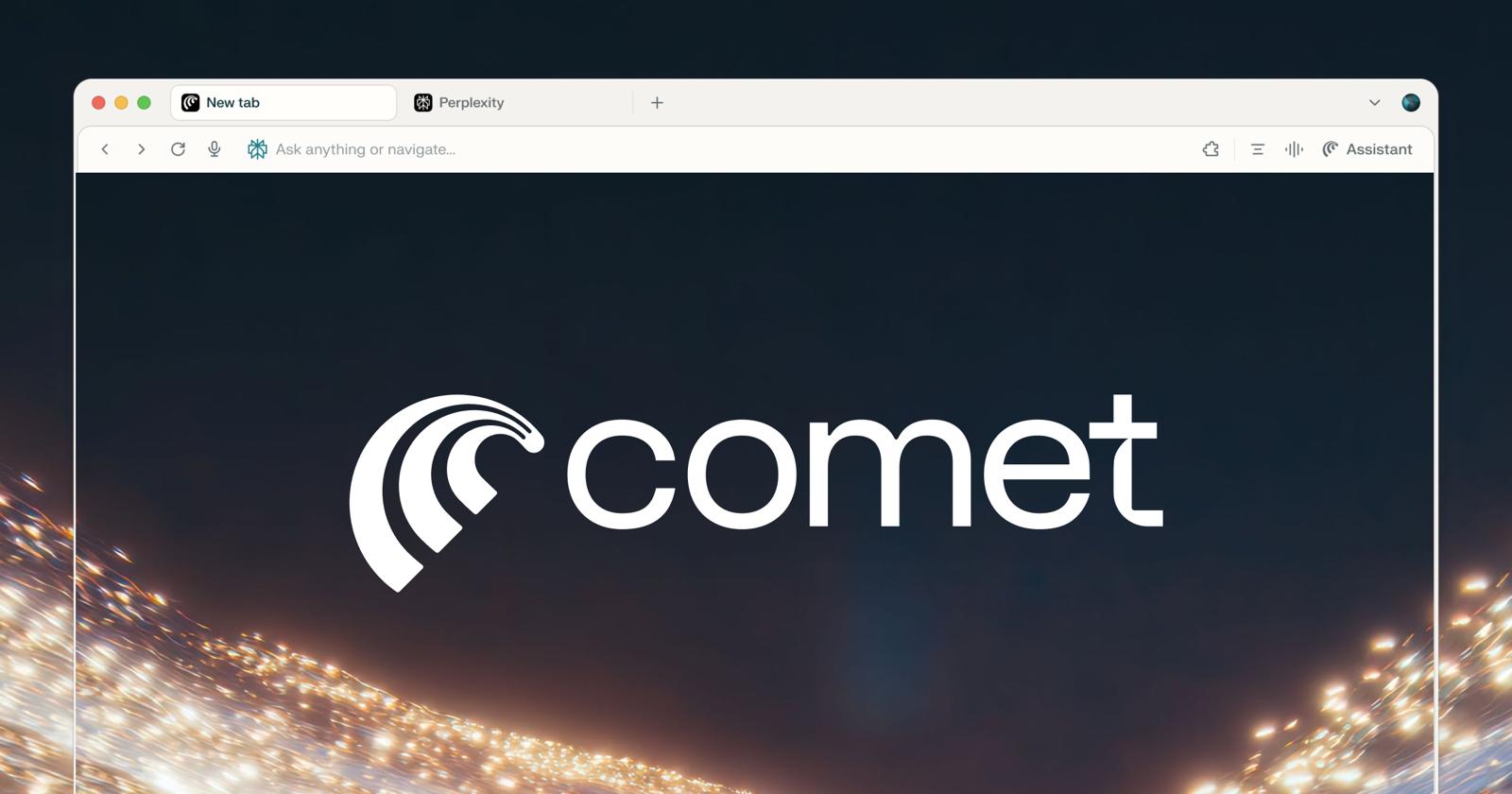The AI web browser market is heating up quickly, and Perplexity's Comet is at the forefront with its direct integration of high-level AI features into the browsing experience. This marks a move away from conventional search and browsing to more intelligent, context-sensitive online interactions.
Key Highlights: Perplexity's Comet – Reimagining Browsing
Comet debuts as an AI-first, Chromium-based browser that swaps out traditional search for Perplexity's own AI-powered search engine. It provides AI-generated summaries along with pertinent links, consolidating information gathering directly within the browser window.
The highlight is Comet Assistant, a smart AI agent integrated into a sidebar that comprehends the content of any webpage. One can pose questions, receive immediate summaries, and automate mundane tasks like tab management, email summarization, or traversing complicated web pages without exiting the site.
The assistant's on-page knowledge enables one to multitask flawlessly, responding to questions regarding social media posts, videos, or documents in real time, with the potential to transform workflows that have conventionally depended on copying and pasting.
Comet supports importing Chrome bookmarks and extensions, lowering barriers for users switching browsers, but requires granting substantial access for deeper functionality, raising some privacy considerations.
Perplexity's vision is for Comet to be a comprehensive "operating system" for tasks on the web, with the goal of endless user retention by integrating AI into digital experiences.
Emerging AI Browser Ecosystem & Competition
Comet is one of several AI browsers, including The Browser Company's Dia, which recently added a skill gallery providing AI prompt shortcuts that can be customized. OpenAI is also said to be working on an AI-dedicated browser.
ChatGPT has also entered the space by personalizing shopping experiences, leveraging AI to assist users in comparing products and managing transactions within conversation flows. Industry dynamics, such as possible antitrust decisions against Google Chrome, create windows of opportunity for AI browsers to compete with Chrome and Safari by providing differentiated, agentic browsing experiences.
These breakthroughs illustrate how AI browsers promise not only smarter search but a transformation of how people interact, work, and shop online, setting the stage for a new era in internet navigation.
Sources: TechCrunch, The Verge, Android Police

